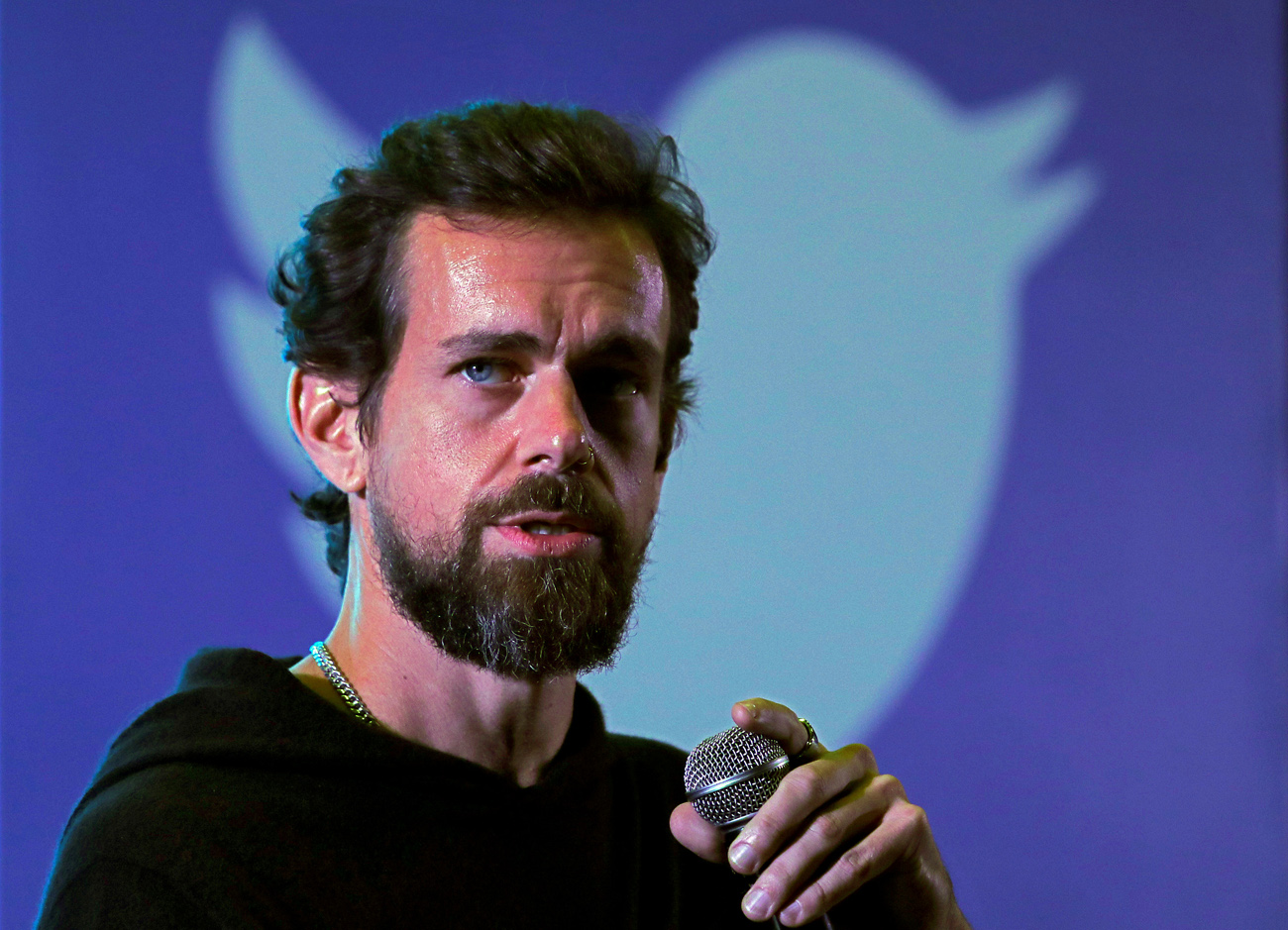
Twitter Introduces the ‘Super Follow’
Twitter on Thursday held an investor day, where they announced some plans for future monetization. One is similar to Substack and Patreon, while another is Twitter’s answer to Facebook groups.
The presentation, which was streamed live, introduced a concept called the “Super Follow.” The first paid product in the company’s history, the Super Follow will allow users to subscribe to their favorite creators. Those creators, in turn, will be able to offer such Patreon-style perks as “exclusive content,” “subscriber-only newsletters,” “community access,” “deals & discounts,” per TechCrunch.
Twitter is also launching a concept called “Communities,” which will work similarly to Facebook’s groups.
The company was not clear on when either new feature would be launching. The NBC News account of the plans indicated that the “super-follow” concept is a ways off, and might not ever launch at all.
“Exploring audience funding opportunities like Super Follows will allow creators and publishers to be directly supported by their audience and will incentivize them to continue creating content that their audience loves,” the company said in a statement to the press.
The investor day was an opportunity for Twitter to make news for things having nothing to do with politics or Donald Trump.
Following an election season in which Twitter frequently took extraordinary steps to crack down on misinformation and “fake news,” Twitter finally took steps to permanently remove the then-president’s account in the days following the Jan. 6. riot at the U.S. Capitol.
Twitter has since been clear that Trump’s banishment from the platform is permanent, even if Trump decides to run for president again in 2014.
At any rate, the months of controversy haven’t been bad for the company’s bottom line. In the fourth quarter of 2020, Twitter posted a 28 percent increase in revenue and a 27 percent jump in usage. That quarter ended before Trump was suspended, but it did include the period when most of the election controversies involving the company took place.
“We offered additional context on potentially misleading information in Q4 with a specific focus on Tweets about COVID-19, synthetic and manipulated media, and the 2020 U.S. election,” the company said in its fourth-quarter earnings letter.
“For the U.S. election, we applied labels, warnings, and additional restrictions on Tweets that included potentially misleading information from October 27 to November 11, and we attempted to get ahead of potentially misleading information by showing everyone on Twitter in the U.S. a series of prebunk prompts, reminding people that election results were likely to be delayed, and that voting by mail is safe and legitimate,” Twitter said in January. “These efforts were highly effective at providing additional context around potentially misleading information and we will continue to apply labels to add context in the future and to limit the risk of harmful misinformation spreading without important context.”
Stephen Silver, a technology writer for the National Interest, is a journalist, essayist and film critic, who is also a contributor to The Philadelphia Inquirer, Philly Voice, Philadelphia Weekly, the Jewish Telegraphic Agency, Living Life Fearless, Backstage magazine, Broad Street Review and Splice Today. The co-founder of the Philadelphia Film Critics Circle, Stephen lives in suburban Philadelphia with his wife and two sons. Follow him on Twitter at @StephenSilver.
Image: Reuters


